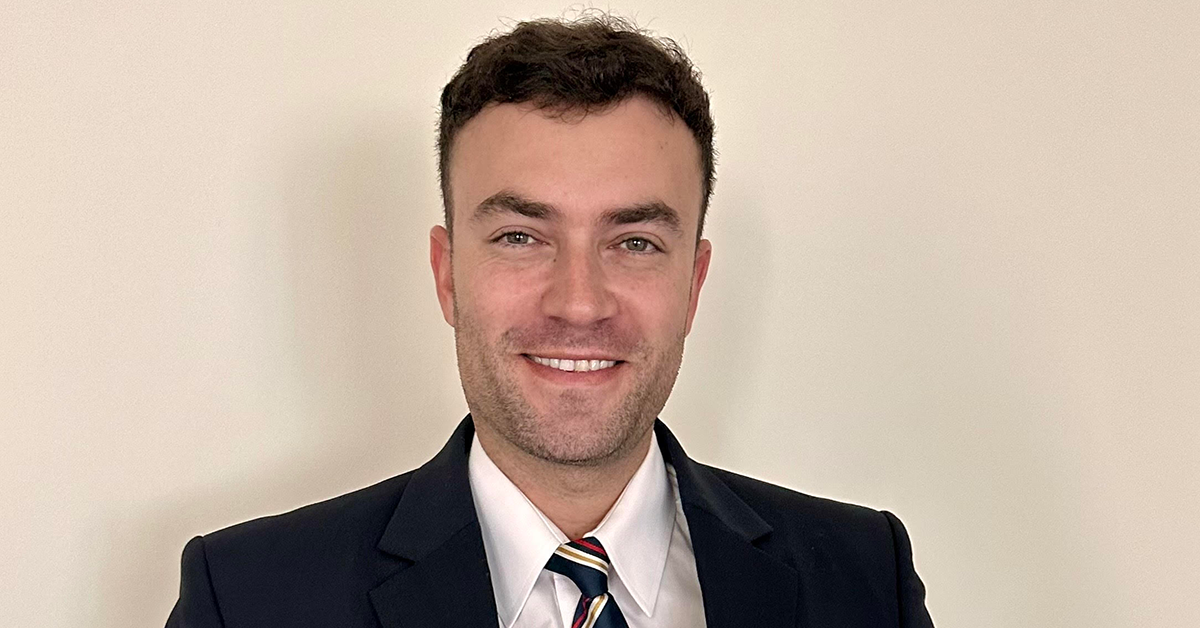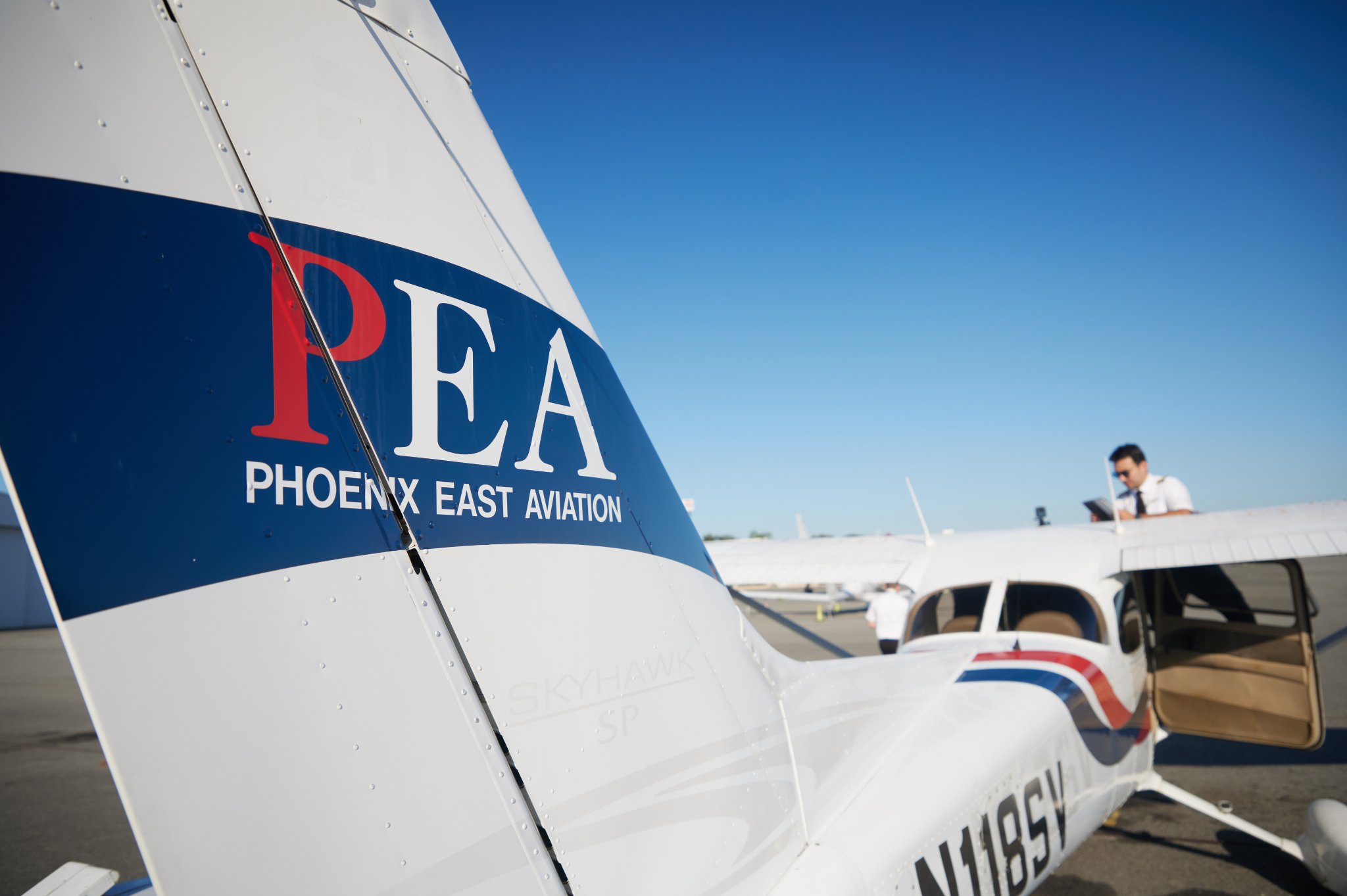Is Flying Dangerous? 4 Reasons People Are Afraid to Fly
Many people, especially those who want to become pilots, wonder about if flying is dangerous. We know that compared travel by automobile, air travel is statistically safer. So why do some of us still have a deep fear of flying?
Humans are afraid of flying for many reasons. Here are four of them:
1. Airline accidents are catastrophic heavily criticized by the media.
When an airliner crashes, it causes a significant media frenzy. Passenger jets can carry hundreds of people on board, so a crash can cause significant casualties. Images of fire, emergency responders and injured people can be seen on the news immediately after an airline crash. The pictures are often horrific and instill fear into the minds of the general public.
News agencies, journalists and the general public want know everything they can about aircraft crashes, and the media reports on these accidents for weeks, months, even years.
With all the attention, it’s difficult to process the statistics that tells us flying is safe. We hear that accidents are rare, but the images of the latest plane crash tell our brains otherwise.
We have to remember that air travel remains the safest form of travel, and that place crashes really don’t happen often.
2. You can’t pull over and stop the airplane.
When traveling in a vehicle, you can always pull over to the side of the road to fix the problem or get help. One of the things that can frighten new pilots is the idea that when you’re flying, you can’t just pull over. They believe that if something bad happens in the airplane, you’re out of luck.
The fact that a vehicle is safer for this reason is unconvincing to more experienced pilots. After all, pilots don’t need to pull over and stop when they’ve assessed and mitigated the risks before a flight. Besides, you can actually “pull over” at the nearest airport if needed. And if your engine fails, you can glide safely to a landing in most cases. Just like with automobiles, most aircraft emergencies are able to be resolved in one way or another, and most are not fatal.
3. As a passenger, you can’t control the outcome of the flight.
Wanting control over a situation is one thing that most everyone can relate to. We feel safe when we’re in control. As the driver of your own vehicle, you feel safe and secure. After all, you’re in control of your own fate. But a passenger in the back of an airliner might feel out of control and unsafe.
It’s human nature to want to feel in control, and when we don’t we tend to get scared. So it’s no surprise that some passengers feel a sense of fear when they board an airplane. And that could be why pilots aren’t at all afraid to fly – they have control over their own destiny. If you want to have some control over the outcome of your flight, you’ll have to become a pilot!
4. People fear the unknown
In addition to a fear over losing control, people generally fear the unknown. Passengers on airlines face fears of crashing because they don’t know about all the safety measures that pilots take before they fly. They have no idea that pilots work hard to mitigate the risks of flying, and they have no idea how a plane flies. The typical scared passenger will panic when a plane hits turbulence because they don’t know anything about airmasses, weather or aerodynamics.
Those who are knowledgeable about air traffic operations and aviation in general are less likely to be afraid. Once a person knows how much time and efforts are invested in maintaining the safety of air travel, they can relax a little bit.
It’s important to note that flying can be as safe or unsafe as the pilot. At least 75% of aircraft accidents are due to pilot error, which is why pilots spend so much time on safety and risk management. If pilots take a safe approach to flying, then flying is not inherently dangerous.



